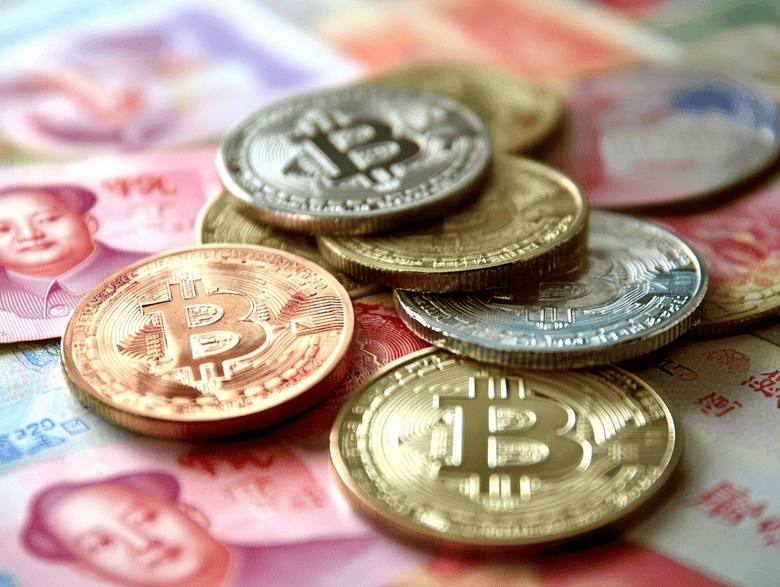China’s Financial Stability Report Highlights Crypto Licensing
The People's Bank of China's 2024 report highlights Hong Kong's crypto licensing efforts amid evolving global crypto regulations.

- Hong Kong is exploring crypto asset licensing management.
- 51 regions have banned crypto, while others revise their laws.
- The report reflects shifting global crypto regulatory trends.
Hong Kong Takes the Lead in Crypto Licensing Efforts
The People’s Bank of China (PBOC) has released its Financial Stability Report 2024, shedding light on evolving global attitudes toward cryptocurrency regulation. A key focus of the report is Hong Kong’s proactive efforts to explore the management of crypto asset licenses. This approach underscores Hong Kong’s ambition to position itself as a leading hub for digital asset innovation, while maintaining regulatory oversight to ensure stability.
Global Crypto Regulation: Bans and Adjustments
The report highlights a stark divide in global crypto policies. While 51 countries and regions have outright banned crypto assets, others are taking a more adaptive stance. These economies are revising their existing laws or drafting new regulations to accommodate the burgeoning digital asset industry. This trend signifies a growing recognition of cryptocurrencies’ potential to reshape traditional financial systems, even as concerns about volatility and security remain.
Implications for the Global Crypto Ecosystem
Hong Kong’s steps toward crypto licensing could influence other jurisdictions in their regulatory approaches. The move aligns with a broader effort to balance innovation and risk, as governments worldwide grapple with the challenges of integrating crypto into mainstream finance. By fostering a regulated environment, Hong Kong aims to attract institutional players and retail investors alike, driving growth in the sector.
As the PBOC report highlights these regulatory shifts, it becomes evident that collaboration between governments and industry stakeholders will play a pivotal role in shaping the future of digital assets.




